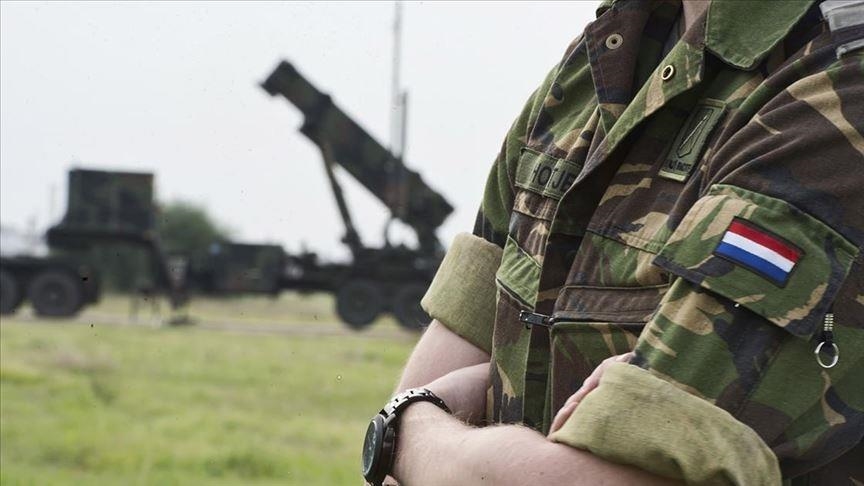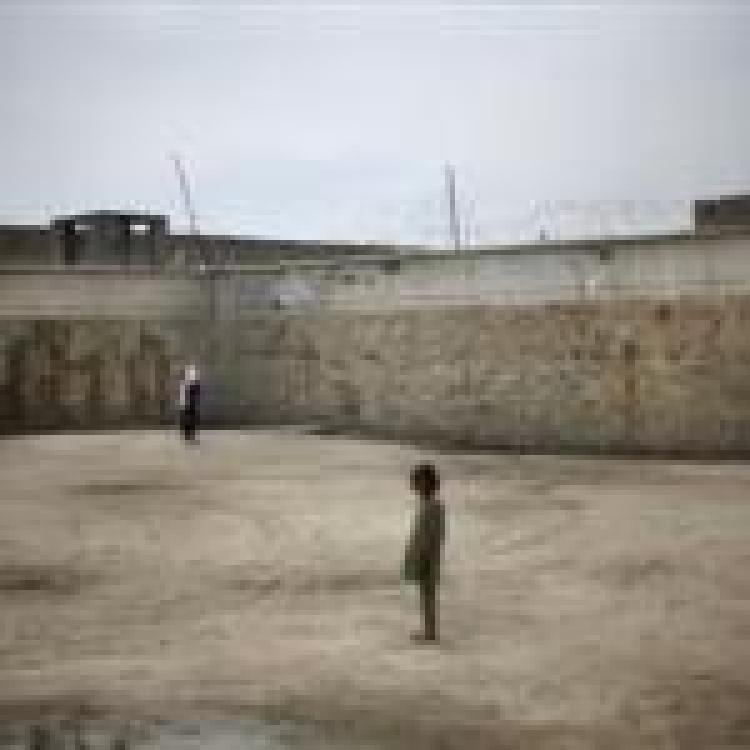On Wednesday, the District Court of The Hague concluded that the 2007 airstrike mounted by the Dutch armed forces on an Afghan residential compound violated international humanitarian law.
The attack in question took place on the 17th of June, 2007, when twenty-eight guided bombs were dropped by Dutch fighter jets over the central Afghan province of Uruzgan.
Twenty civilians were killed during this night-time attack. Four unnamed survivors of the attack brought a civil suit to the Dutch courts seeking compensation.
Almost two years ago, a war veteran submitted a report calling into question the legitimacy of the airstrike. At the time, the Dutch Ministry of Defence approached prosecutors to investigate the matter.
The Defence Ministry’s lawyers argued that even though civilians were known to reside in this compound, the presence of the Taliban justified the attack. “It was known these houses were inhabited by civilians. The State invoked the fact the Taliban used the houses for military purposes … and thus that the bombing was not unlawful.”
However, the courts did not accept this line of reasoning, stating “… the court rules that the State hasn’t sufficiently made clear on what basis it came to the conclusion that these houses were being used by the Taliban; … therefore, the bombing is illegal,”.
On Wednesday, the courts ruled in favour of the four civilians who brought forward the civil suit, concluding that the victims should be compensated.
Read more at Al Jazeera



